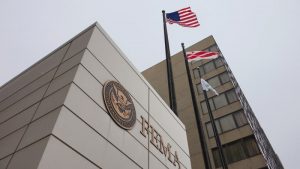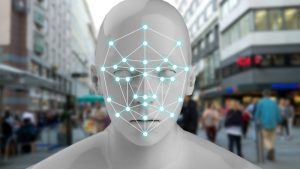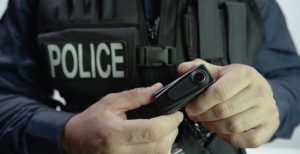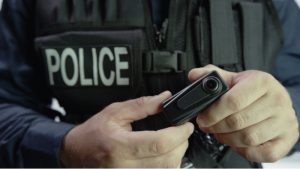The Cybersecurity and Infrastructure Security Agency (CISA) late last week issued a practical checklist to help executives “think through” infrastructure protection, supply chain, and cybersecurity issues in light of the COVID-19 coronavirus, and potential effects to workforce and operations.
President Trump today signed into law a bill quickly approved by House and Senate this week that provides $8.3 billion of funding for Federal government response to the COVID-19 coronavirus, including vaccine and treatment development, support for state and local health agencies, and loans for small businesses impacted by the virus.
Rep. Robin Kelly, D-Ill., introduced legislation on Dec. 10 that would provide $40 million in grants for state and local governments to purchase gunfire detection technologies.
A bipartisan group of House members introduced the Technology in Criminal Justice Act, which would establish an Office of Digital Law Enforcement within the Department of Justice (DoJ).
A bill reintroduced in the Senate Oct. 24 aims to increase the reach of emergency alert communications on national and state levels by preventing some alert opt-outs on mobile phones, requiring that alerts issued by the White House or the Federal Emergency Management Agency (FEMA) be run repeatedly by television and radio stations, and exploring how to create a system to offer emergency alerts on audio and video online streaming services.
NetChoice, a business trade group focused on promoting free speech and free enterprise on the internet, launched a public campaign on Oct. 7 to defend law enforcement’s use of facial recognition technology, and is taking aim at anti-facial recognition effort in Massachusetts.
California legislators on Sept. 12 passed a bill that would ban facial recognition technologies in state and local law enforcement body cameras for three years.
The First Responder Network Authority (FirstNet Authority) Board today approved an $82 million budget for FY2020.
The First Responder Network Authority (FirstNet Authority) released its new Roadmap for the future of FirstNet today, a nationwide broadband network dedicated to public safety.
In a move to modernize its police force, the City of Davenport, Iowa has implemented a “more efficient infrastructure for its virtual desktop infrastructure” that has enabled the city to optimize the use of police cars and law enforcement resources, as well as improve the accessibility of police video footage.













